
Helping Your Garden Grow

Illustration: Joel Kimmel
 As Bucknell’s farm & garden manager, Jen Schneidman Partica oversees both the Lewisburg Community Garden, an initiative that connects local residents and addresses food insecurity, and the new 5-acre farm that the University launched this fall. She’s also a “vegecator” and has already helped more than 200 Bucknell students learn about and connect with their food supply at the University’s fledgling farm. She shares her tips for making the most of your home garden.
As Bucknell’s farm & garden manager, Jen Schneidman Partica oversees both the Lewisburg Community Garden, an initiative that connects local residents and addresses food insecurity, and the new 5-acre farm that the University launched this fall. She’s also a “vegecator” and has already helped more than 200 Bucknell students learn about and connect with their food supply at the University’s fledgling farm. She shares her tips for making the most of your home garden.
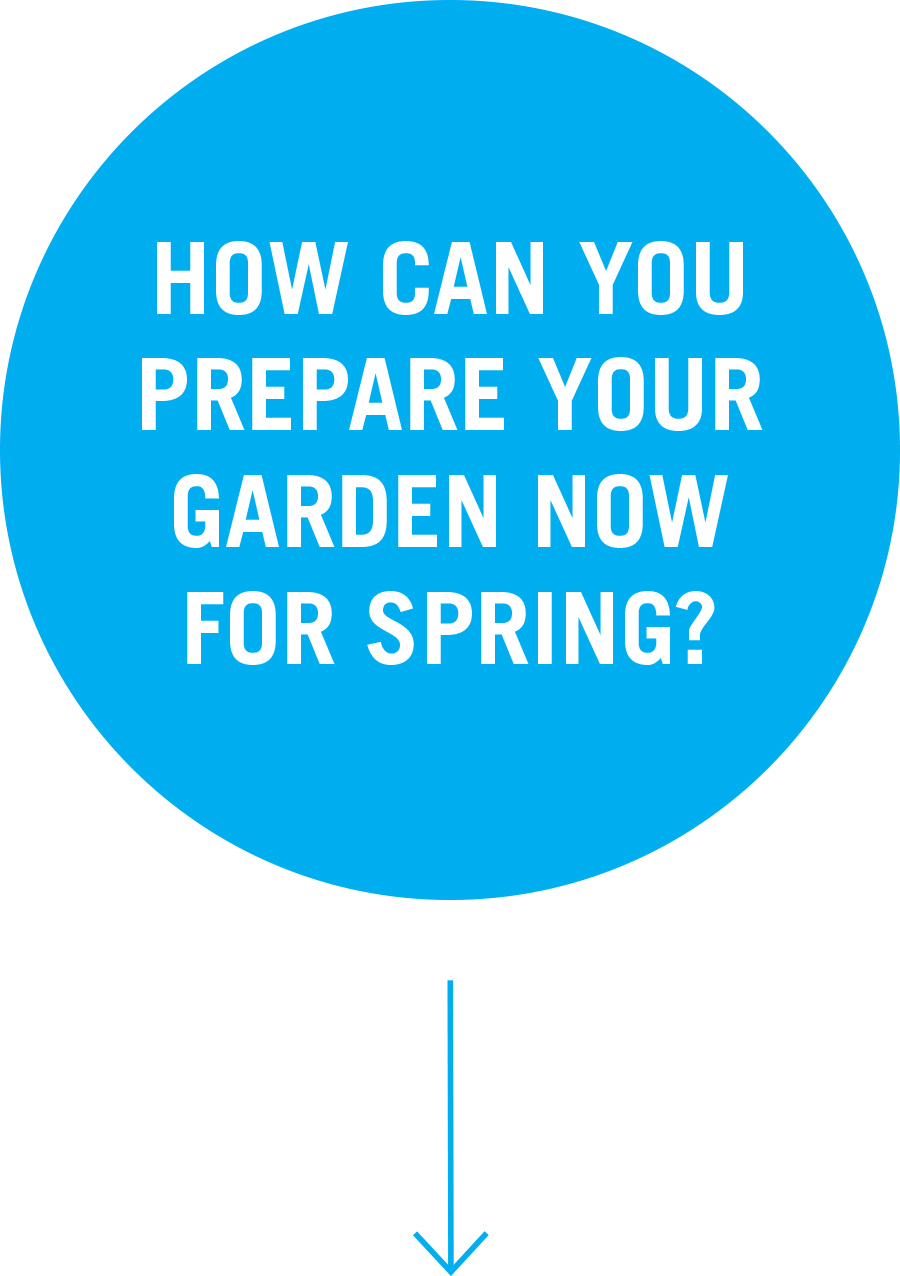
Soil will improve when there are plants growing in it, so over the winter, it’s ideal to plant a cover crop, such as winter rye, to improve the soil for next spring. The second-best thing you can do is add organic matter, including compost or straw mulch — basically anything but leaving the bare soil unprotected from the harsh winter weather.
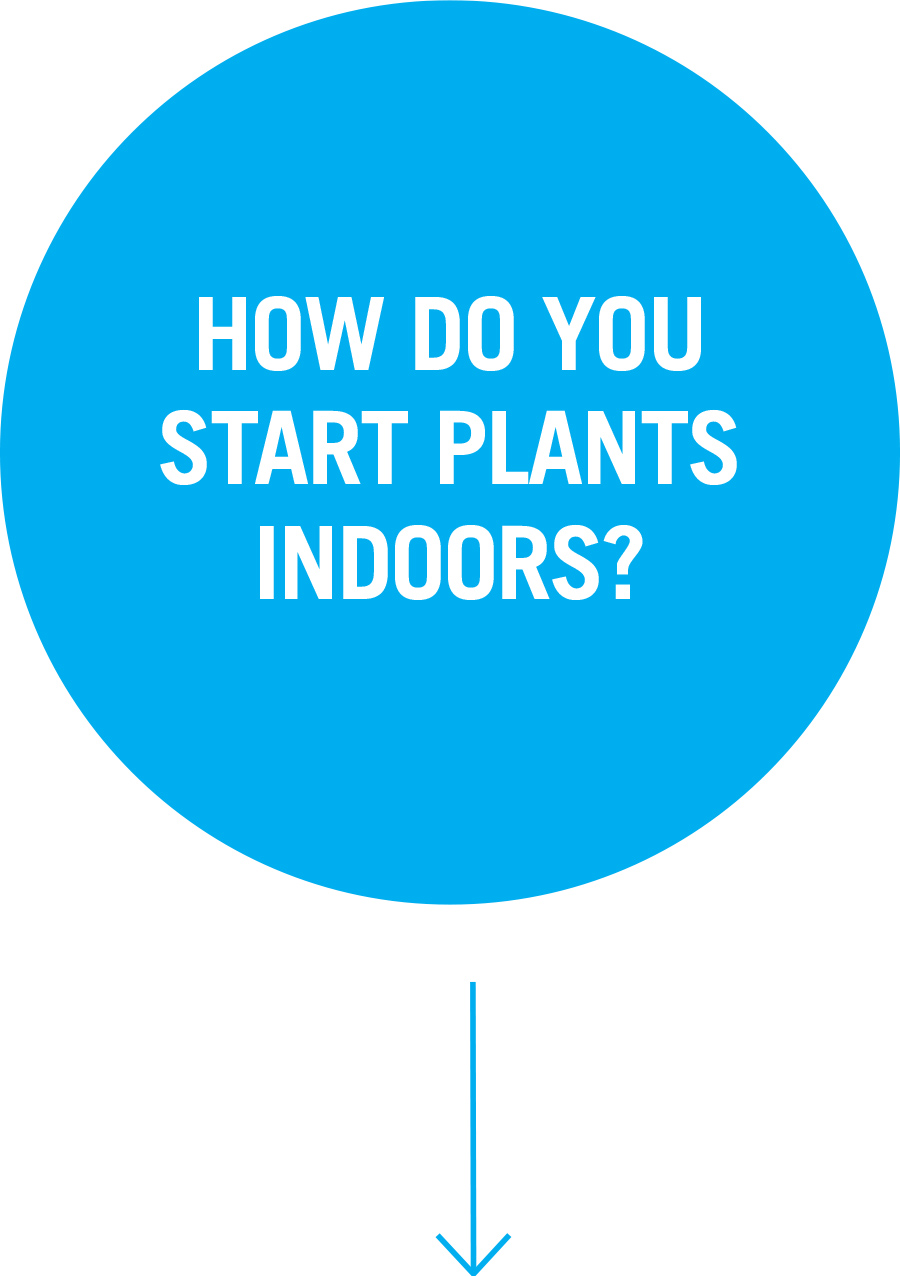
Plan ahead. You don’t need to start tomatoes in December, but it sure helps to start them on time. When is on time? That varies depending on your region. There are great resources online. I recommend the schedule calculator at johnnyseeds.com.
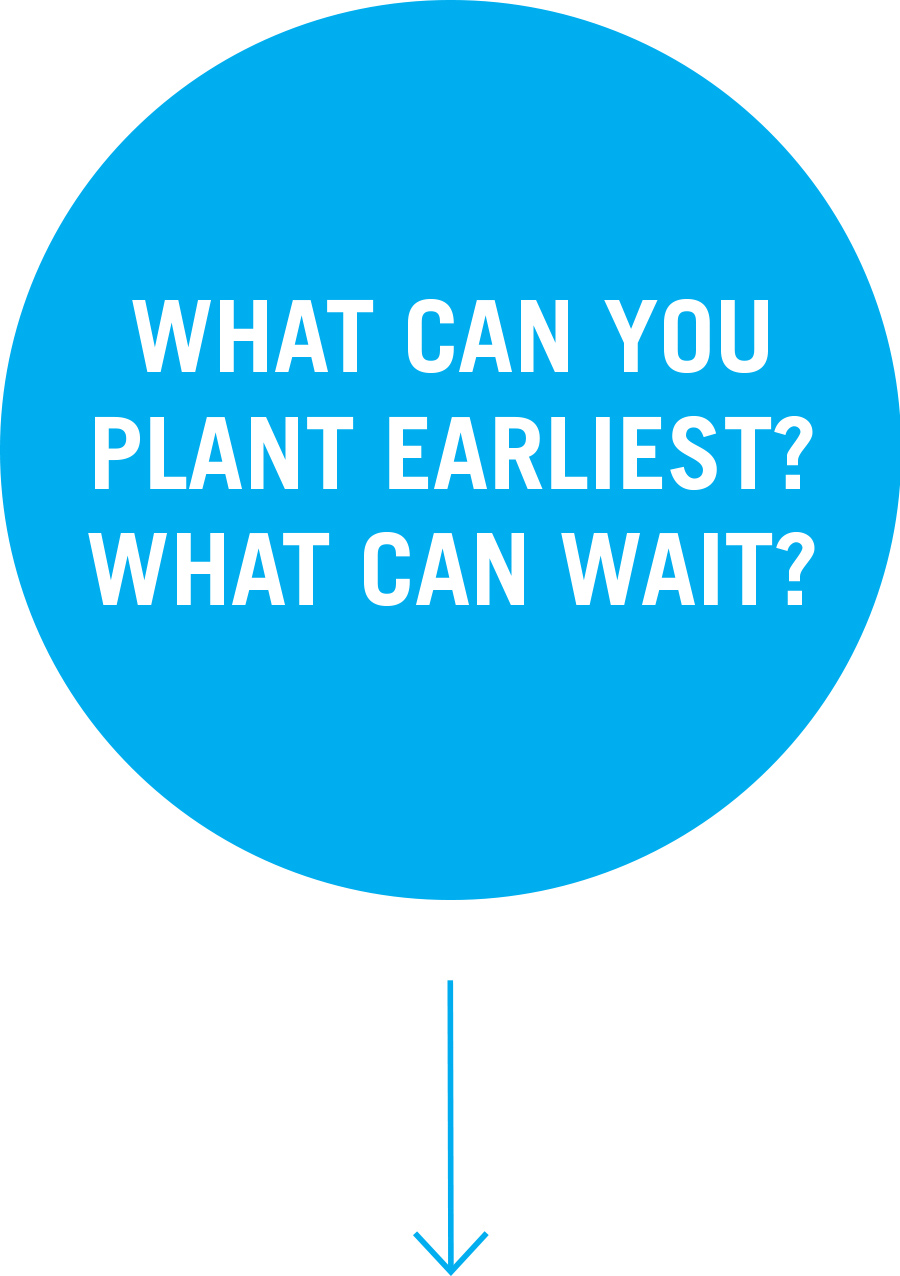
Onions, artichokes and perennial flowers are some of the earliest plants to start indoors, followed by peppers. In early spring, you can start tomatoes and most summer crops. Be sure to wait to start seedlings of fast-growing plants, like melons or squash, until two weeks before you plan to transplant them outdoors.
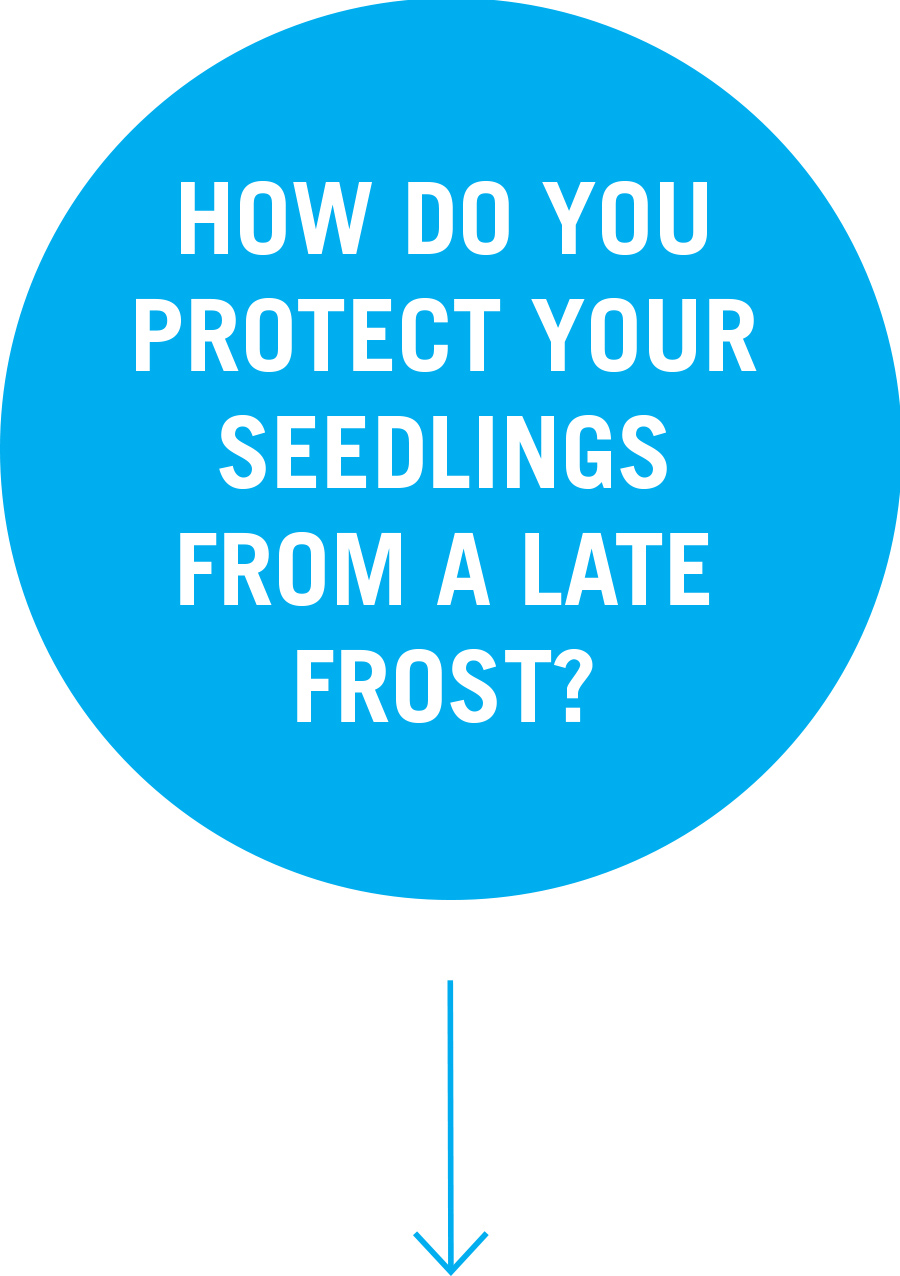
You can protect tender plants from a frost by covering them. You can use row cover or really any blanket or sheet. Even packing straw around the plants will insulate them enough if it’s just a light frost.
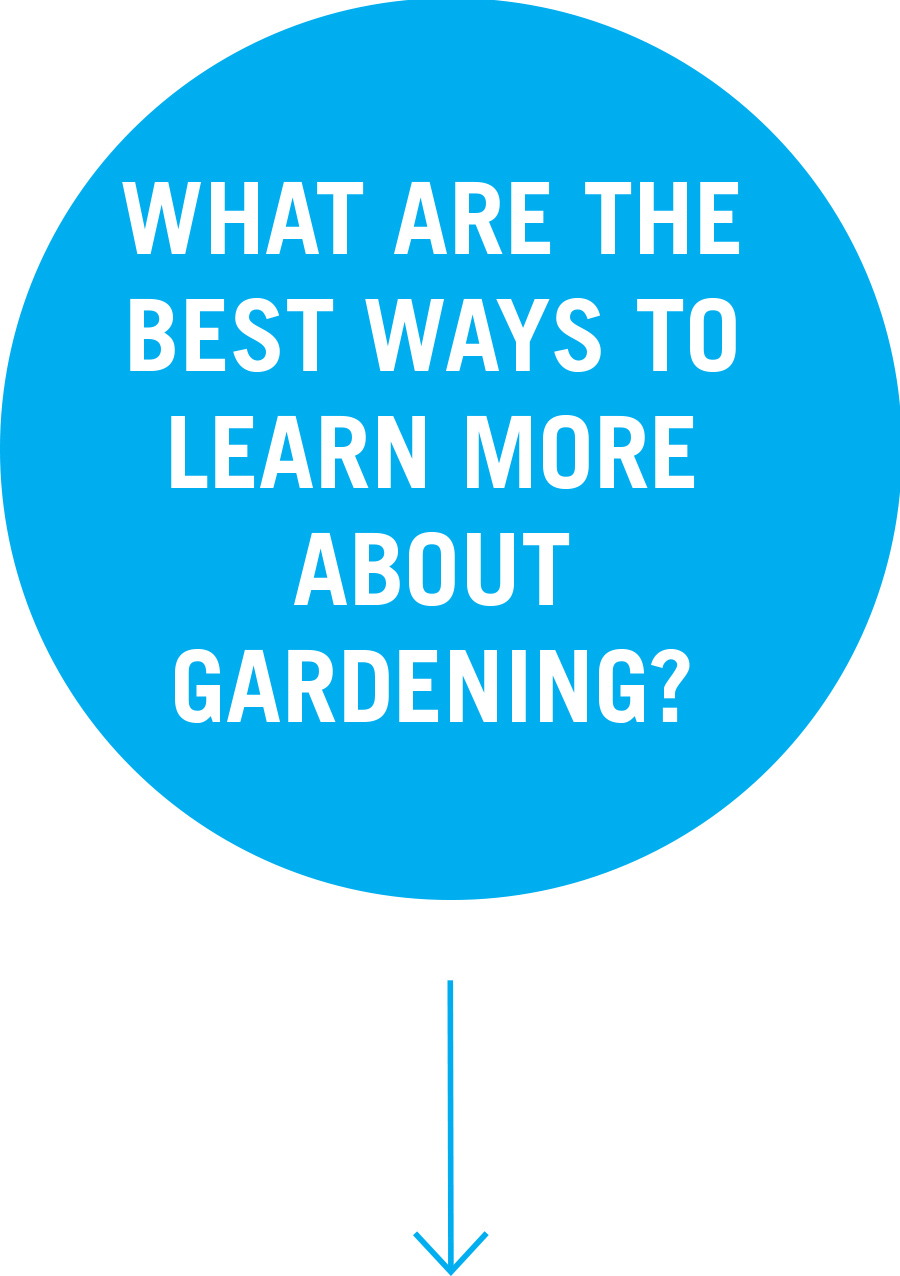
Find other gardeners in your community. Master gardeners are a wealth of information, and most counties have a master gardener program offered through a public university’s agriculture extension office. Your local library may offer gardening workshops, and if you live near a community garden, get involved there.